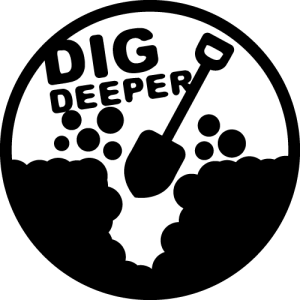4.3 Becoming a reflective practitioner

Let’s look at some of the reasons reflective practice may be challenging. In exploring challenges you will be able to consider possible solutions to becoming more reflective.
For most of us, the # 1 challenge is finding the TIME or right time.
Whether you are studying, working or both it can be hard to find time to complete your existing to-do list so why add on more things? Doing intentional reflection takes time and as Ellen Rose (2013) suggests it is a form of deep thought, an opportunity to slow down that allows for original thought, perspective and insights to emerge. Anyone in education knows time is always at a premium. Having said that, we are often unconsciously evaluating things and so the goal here is to be more intentional in analyzing your pedagogical practice which requires the time to do so.
What if the organizational culture and environment doesn’t support reflection?
Not everyone works in an environment which is open to the idea of being reflective – since it can be difficult to cultivate. If those in charge don’t see reflective practice as a valuable activity , it can be hard to really cultivate a practice. If you believe reflection is a mind-set , it may require a specific place, or time to initially reflect and it may take some trial and error to find that perfect fit for you. Rose (2013) also points out the decline in reflection may be due to the way we are consuming information. We consume small chunks or nuggets of information on social media and we move from one topic to another with little time to digest the information let alone reflect on what we’re reading, hearing or thinking.
Finally, do I have the skills, motivation and disposition needed?
For many people who are unfamiliar with reflection it can seem a bit challenging, especially if they are looking for a recipe, a specific approach or checklist to follow. As described earlier, a lack of time and support can influence your ability to reflect. At this point we can examine whether reflection is a skill or disposition. Being reflective does take a certain level of insight which can for some be uncomfortable, especially if you are new to reflection. Seeing reflection as a disposition does not eliminate the possibility of you needing a certain level of practice to develop into a reflective practitioner, but knowing what it takes is helpful. What is needed is time to slow down, to be curious, motivation to improve, and the desire to know why you do what you do are some essential mind-sets if you hope to overcome any of the challenges and wish to lean into becoming a reflective practitioner.
Dig Deeper
For more information on this topic check out the resource links below:

